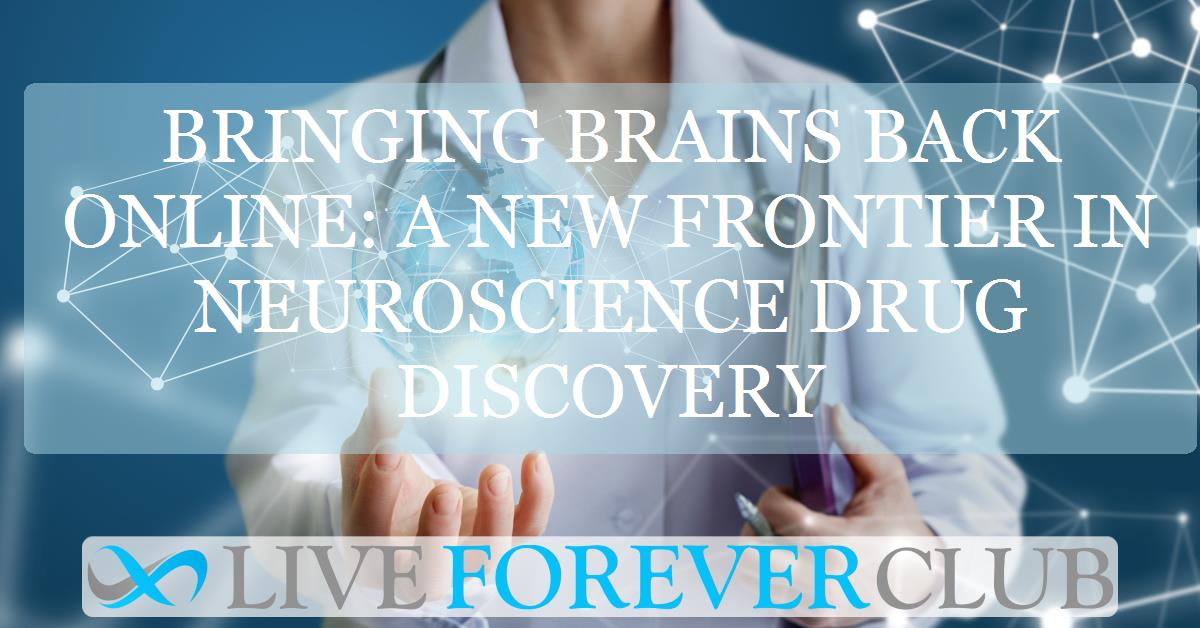Key points from article :
In a remarkable turn for neuroscience and drug development, biotech startup Bexorg has developed a method to keep human brains — removed shortly after death — metabolically active for about a day using a machine that pumps artificial blood through the brain’s vessels. The brains are sedated and show no signs of consciousness, but cellular and molecular functions are restored. Co-founded by neuroscientist Zvonimir Vrselja and based on work at Yale, Bexorg aims to address a major challenge in neurological drug development: the failure of animal models to reliably predict human outcomes.
Bexorg’s BrainEx system provides a powerful platform for testing how experimental drugs interact with human brain tissue in near-real-time. The system can track how molecules affect neurons and biomarkers, measure drug penetration, and observe the organ’s metabolic response. So far, the company has processed 100 human brains and plans to scale up to 1,000 per year. Collaborations with companies like Biohaven are already underway, helping refine drug doses and redirect clinical focus based on how drugs actually behave in human brain tissue — something that is hard to achieve in traditional lab models.
The technology has sparked excitement and ethical questions. While Bexorg is clear that these brains are not conscious and makes every effort to suppress any neuronal activity, the implications of reviving brain tissue postmortem are profound. A dedicated bioethics board ensures careful oversight. The startup’s leaders emphasize that this approach won’t replace animal testing or clinical trials but could significantly reduce reliance on animal models, especially primates, and accelerate early-stage drug testing.
Ultimately, Bexorg is operating as a novel contract research organization, offering pharma companies a closer look at how drugs perform in human brain tissue without the usual hurdles. As the FDA embraces alternatives to animal testing, Bexorg’s headway could signal a broader shift in how we study — and treat — the human brain.






